Like it or not, the EU has stricter standards than we do when it comes to what foods they’ll allow on the market. So it might come as a surprise to learn that a lot of foods that are popular here are banned in Europe. Usually, it’s not the brand itself but rather an ingredient that all or part of the EU finds objectionable. Here are 10 such foods:
Skittles
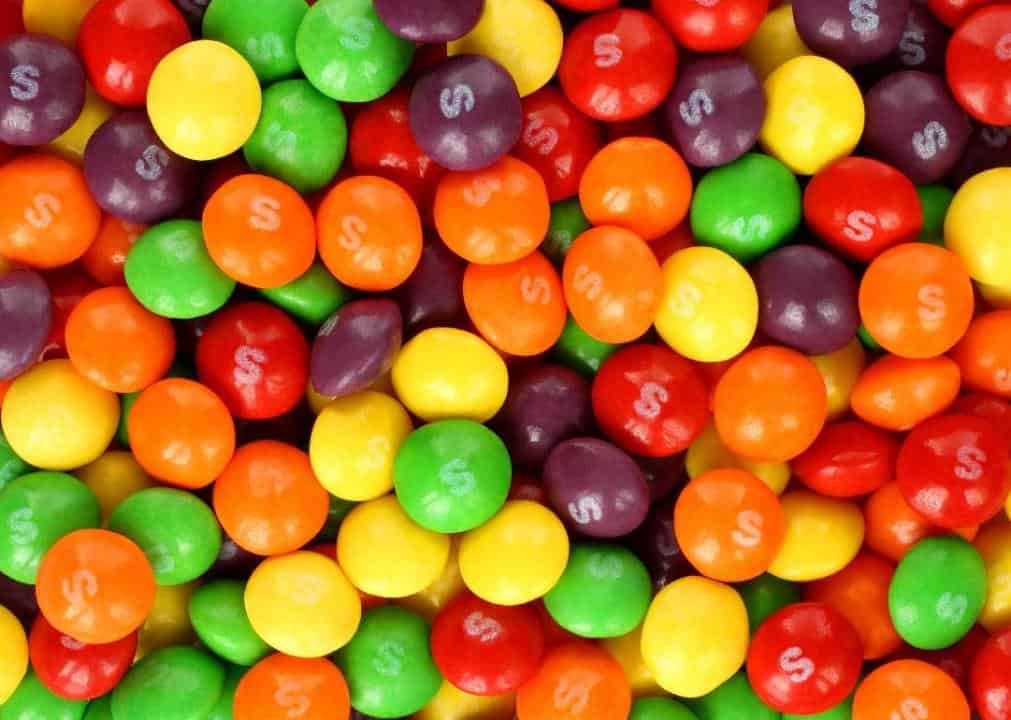
Norway and Sweden ban the food dyes Yellow 5 and 6 due to concerns about hyperactivity, allergic reactions, and cancer. In most of the rest of the EU, it’s required to add a warning about possible adverse health effects.
Breads with ADA
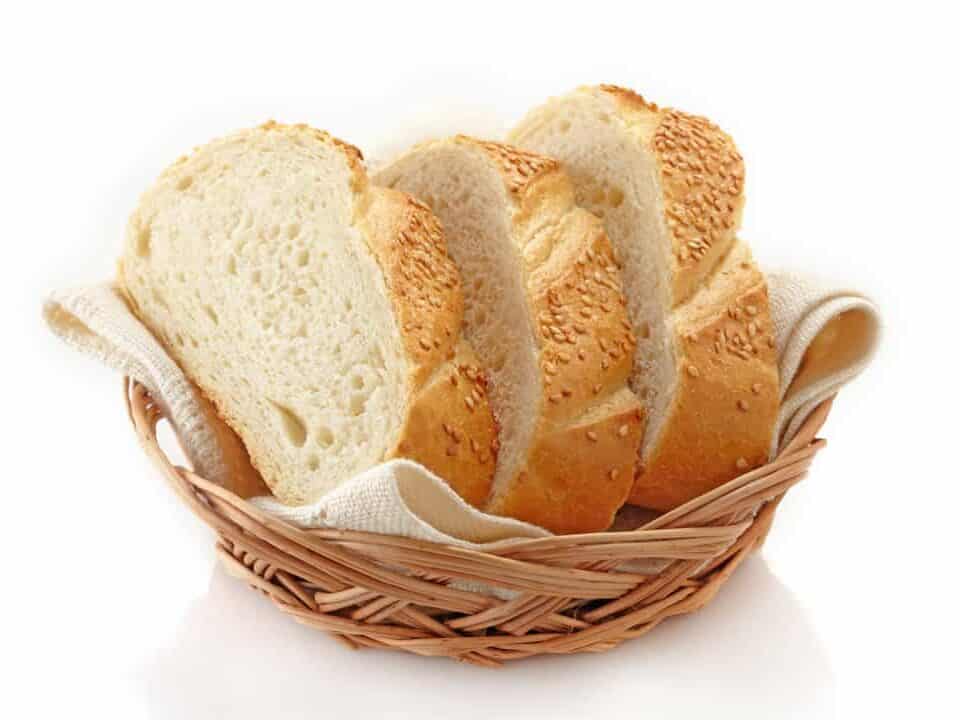
ADA is a chemical that bleaches bread and increases its shelf life. Fast-food chains like McDonald’s, Subway, and others use bread that has it. The FDA says it isn’t harmful to humans, but studies by the EU and other nations question that.
Instant Mashed Potatoes
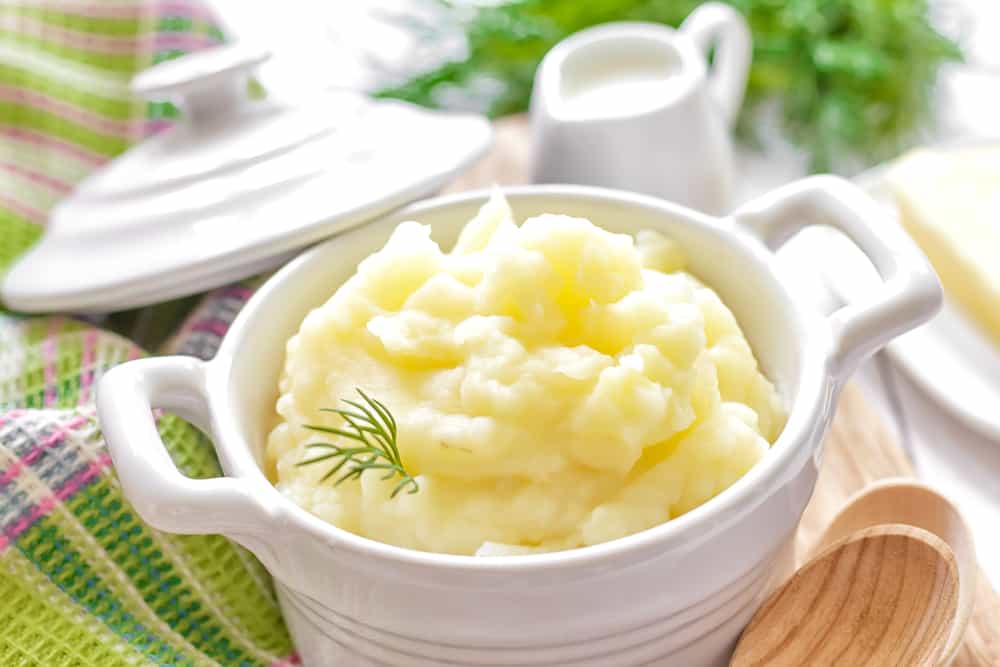
Instant mashed potatoes and most other packaged foods produced here contain BHA and BHT because they extend shelf life. The EU has banned them because they impair blood clotting and cause cancer in lab rats.
U.S.-Raised Pork

Pigs raised on factory farms in the U.S. are often given a hormone that helps keep them lean. That hormone appears to cause some pigs to be unable to stand or walk, which is why the EU has banned it.
U.S.-Raised Beef
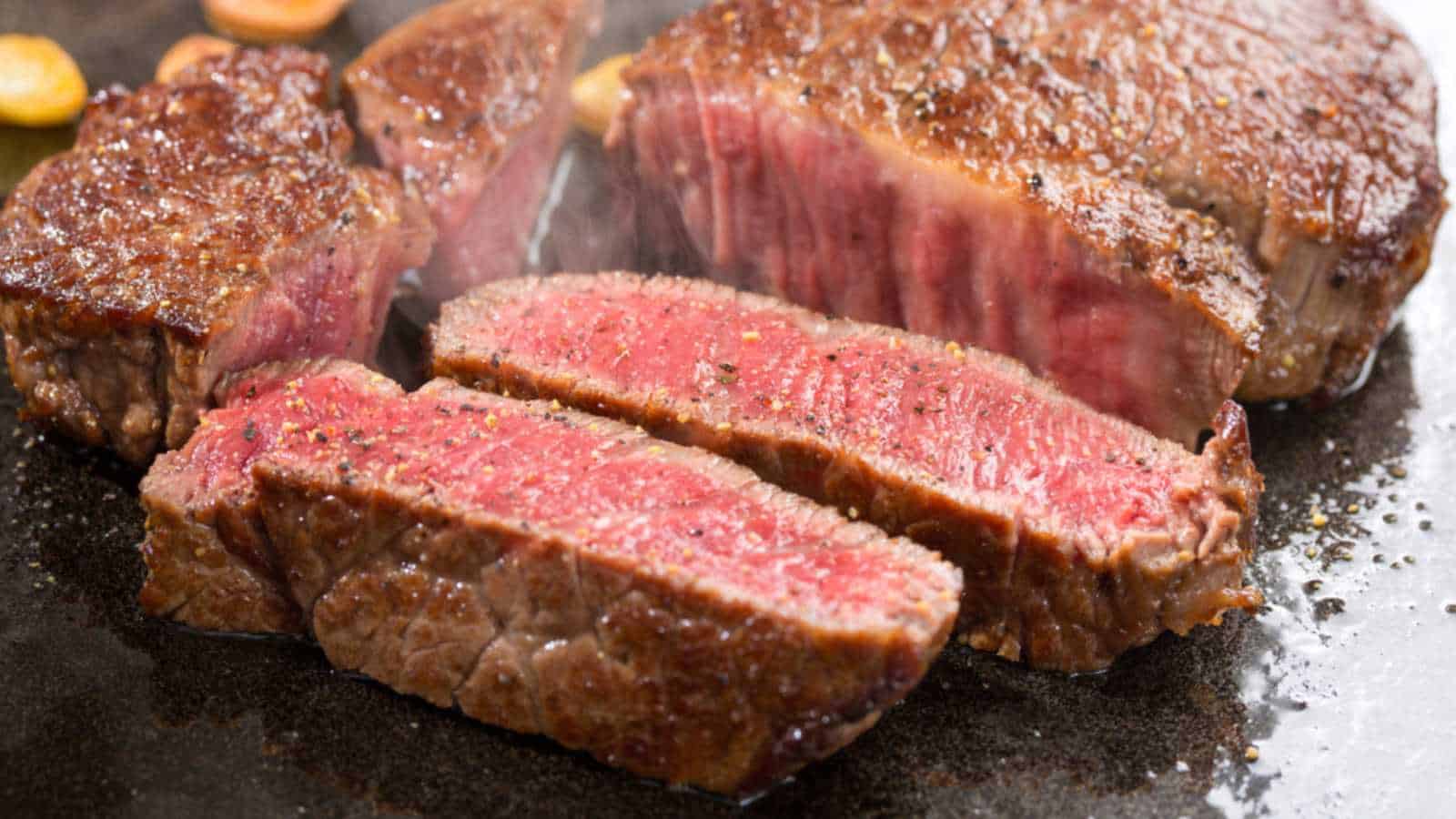
The same goes for U.S.-produced beef. Organically raised beef is okay in some European countries, but any beef from cattle given growth hormones can’t be imported into Europe. This has led to a trade dispute that has gone on for more than 30 years, with the U.S. imposing tariffs on some EU foods in return.
Hormone-Influenced Milk
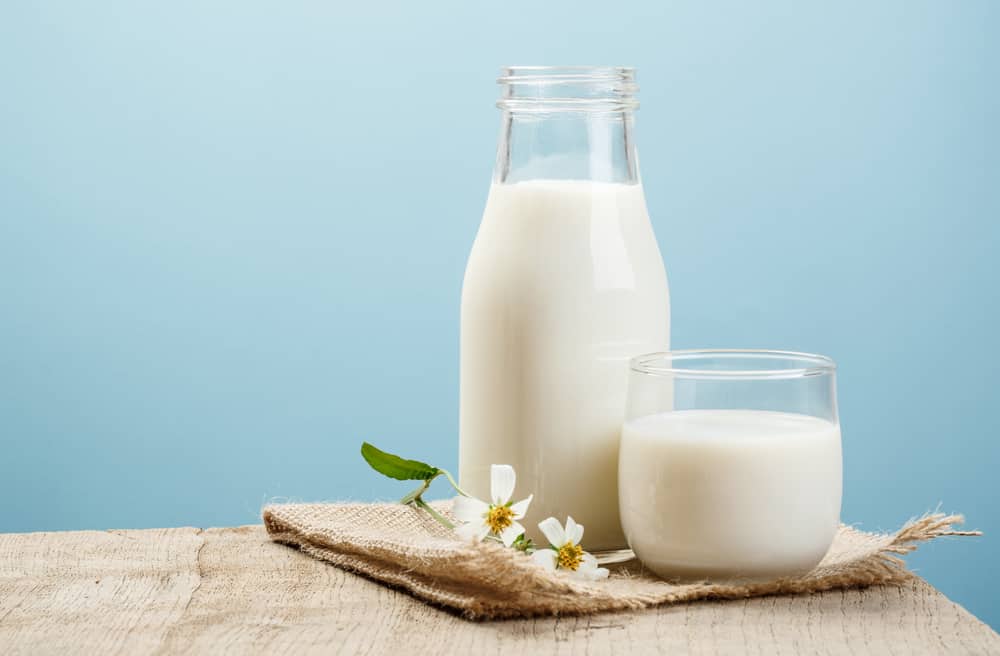
Many cows in the U.S. are given the hormones rBGH and rBST, which the EU considers to be animal cruelty, and there are also concerns over possible links to cancer. Additionally, these cows receive antibiotics to combat adverse health effects from the hormones, and the EU worries that this could create a superbug that might eventually impact humans.
Farm-Raised Salmon
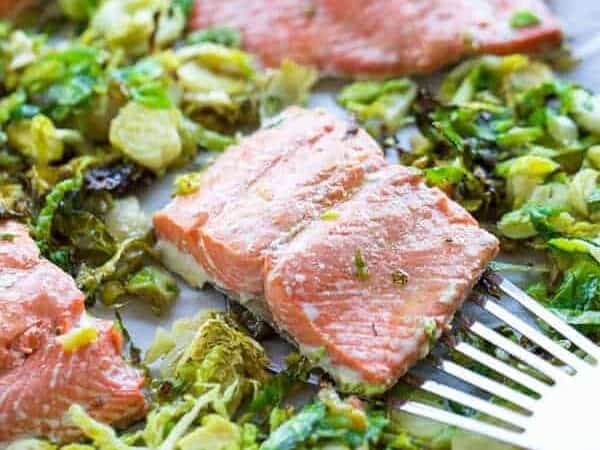
The EU bans all farm-raised salmon unless it’s raised organically. That’s because most farm-raised salmon have an unnatural diet that results in the meat having a gray color. The pink color you see in the store is from a chemical dye that’s also banned in the EU.
Chicken Washed in Chlorine

Many U.S. chicken producers wash chicken with chlorinated water to prevent harmful bacteria from growing on the meat. While that’s a good intention, the EU considers this a cover for poor hygiene practices and bans such chicken.
GMO Fruits and Vegetables
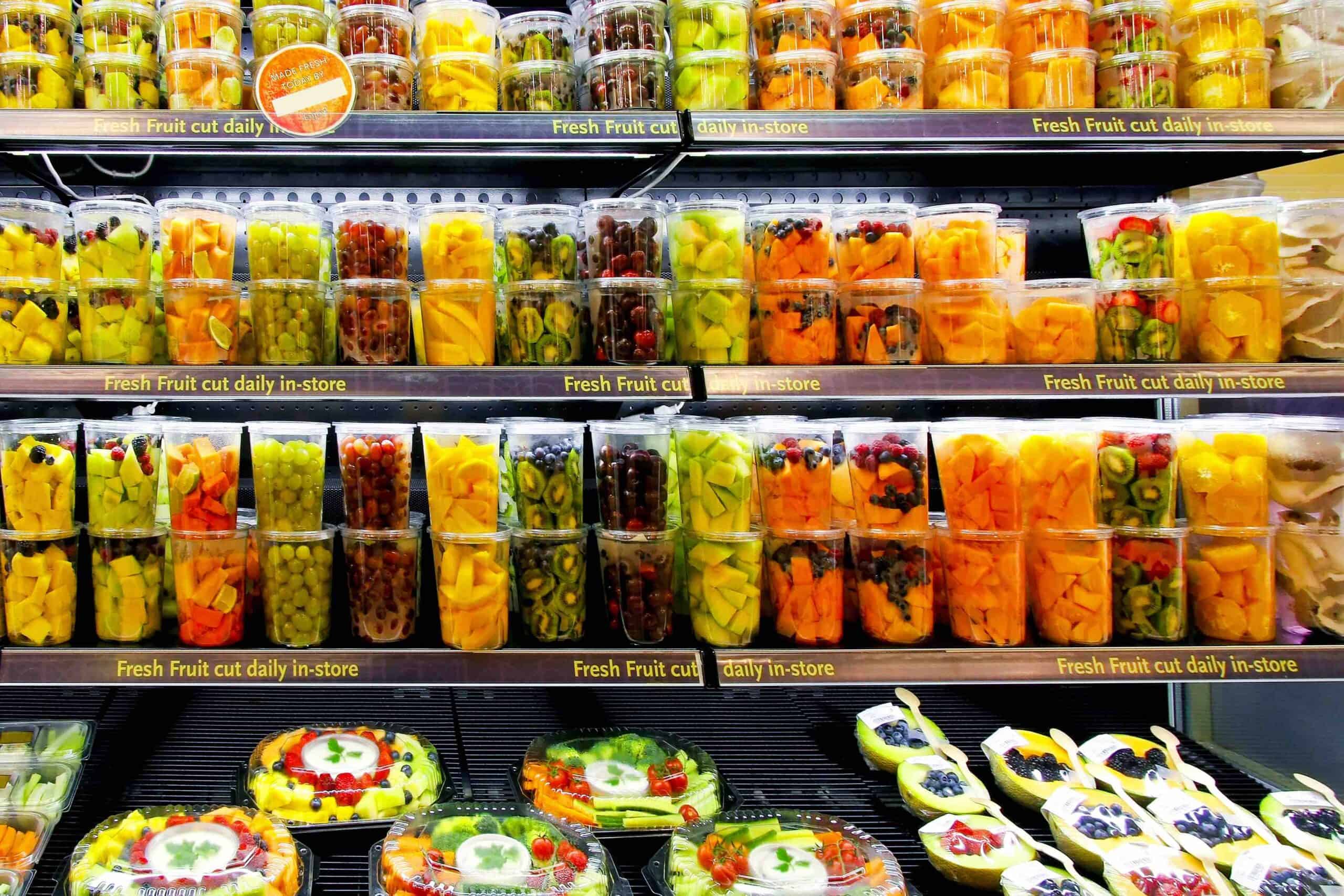
Genetically modified crops are more resistant to viruses, and both the FDA and the World Health Organization consider them safe to eat. However, the EU disagrees about the latter point and bans GMO produce.
Mountain Dew
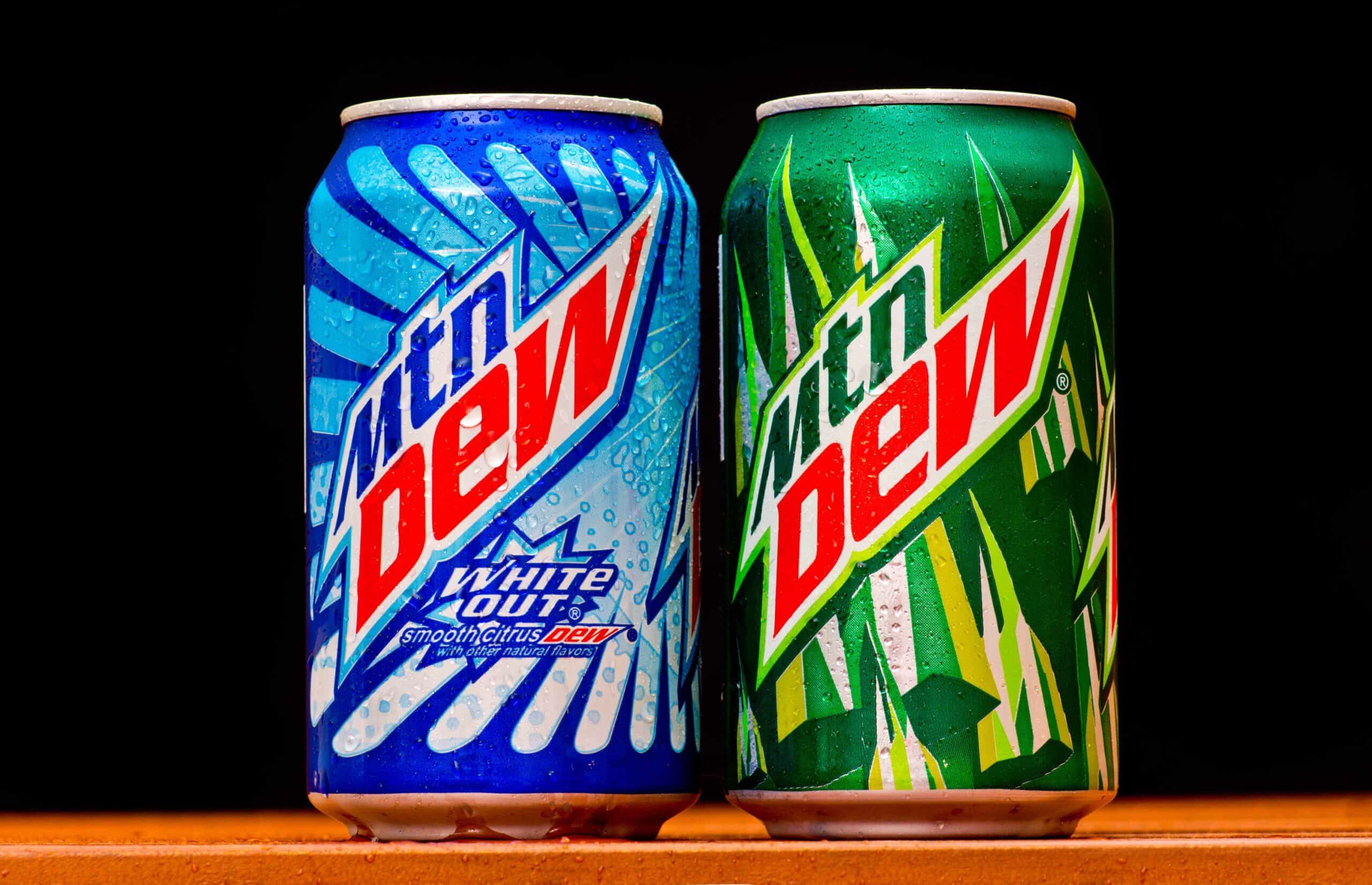
This popular soda may contain brominated vegetable oil, a chemical used in flame retardants and which more than 100 countries have banned. It’s still legal here, but Pepsi and Coca-Cola have decided to remove it from their products. However, we don’t know what will replace it. For now, Mountain Dew remains a food/drink product you can’t buy in the EU.

Tell Us What You Think